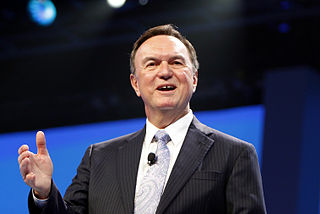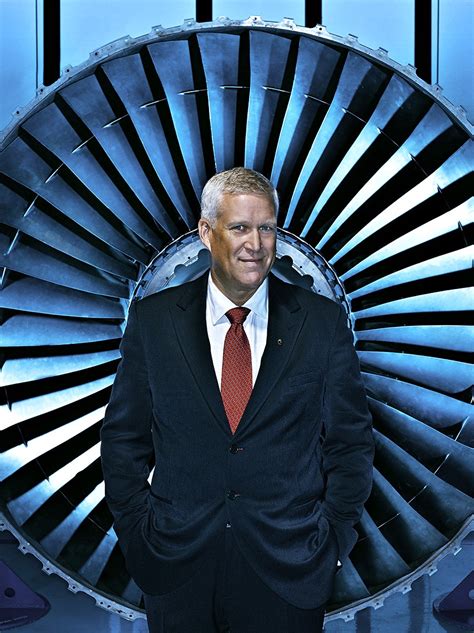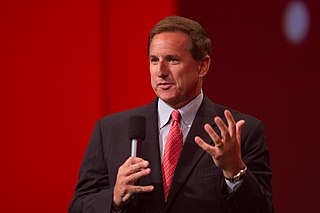A Quote by Yves Doz
Data show that for a variety of reasons including M&A activity, legacy and growth into emerging markets, the size of most firms' innovation footprints or networks is increasing. Obviously, the bigger the network, the greater the management, co-ordination and running costs.
Related Quotes
Authors and publishers want fair compensation and a means of protecting content through digital rights management. Vendors and technology companies want new markets for e-book reading devices and other hardware. End-users most of all want a wide range and generous amount of high-quality content for free or at reasonable costs. Like end-users, libraries want quality, quantity, economy, and variety as well as flexible business models.



































